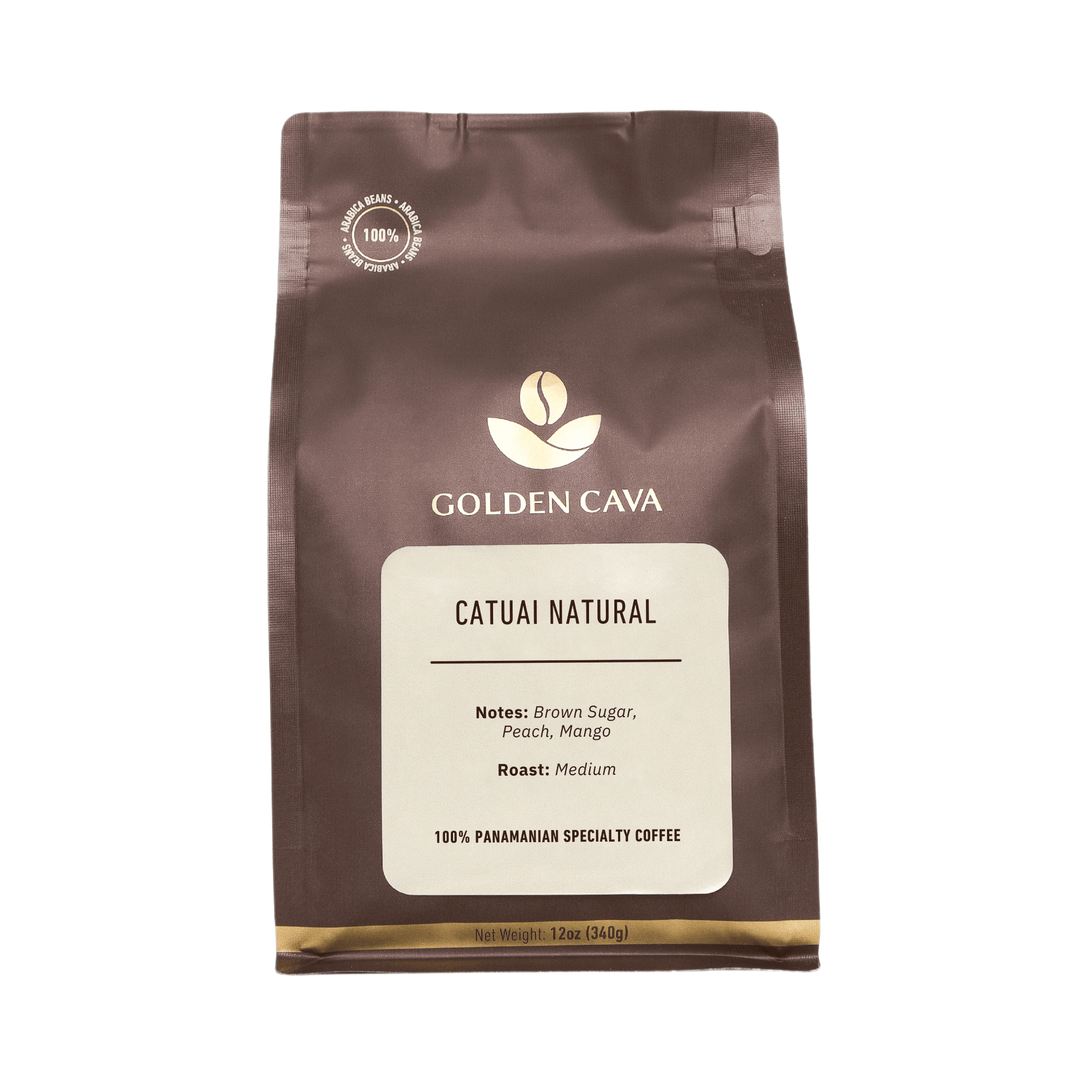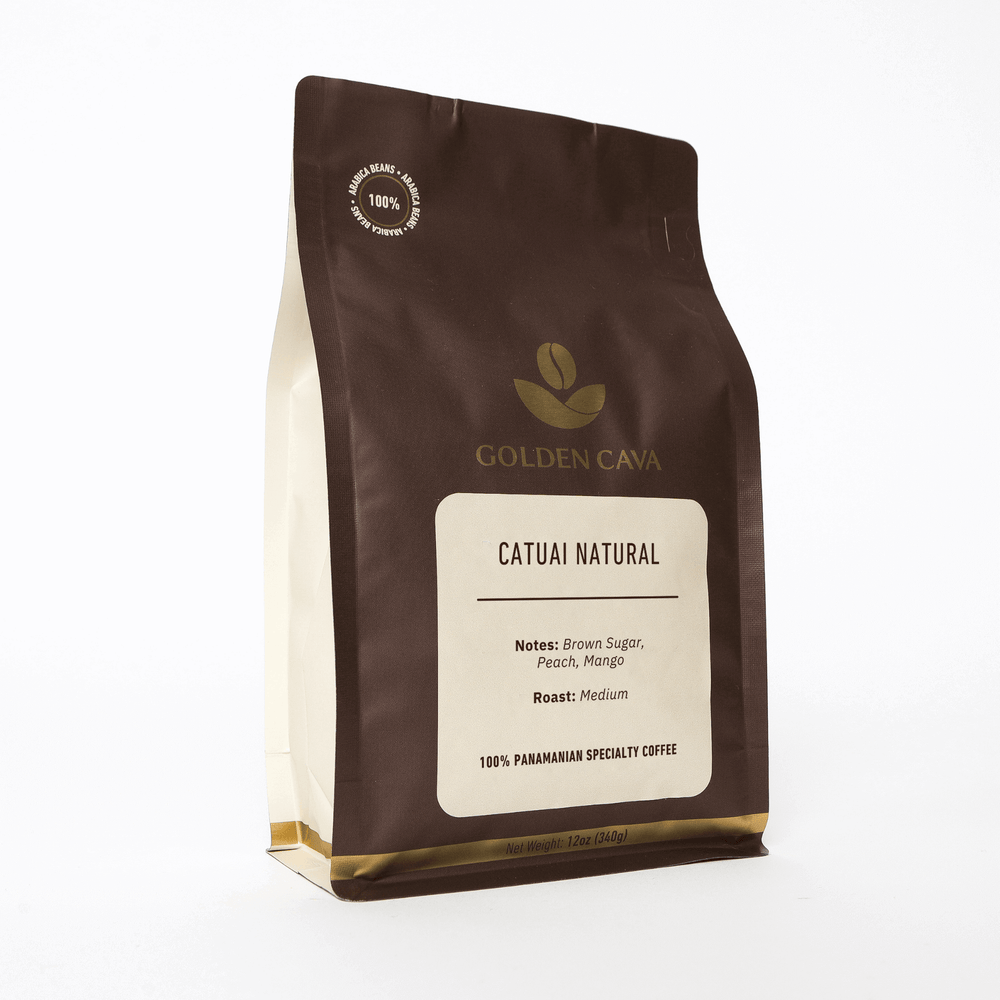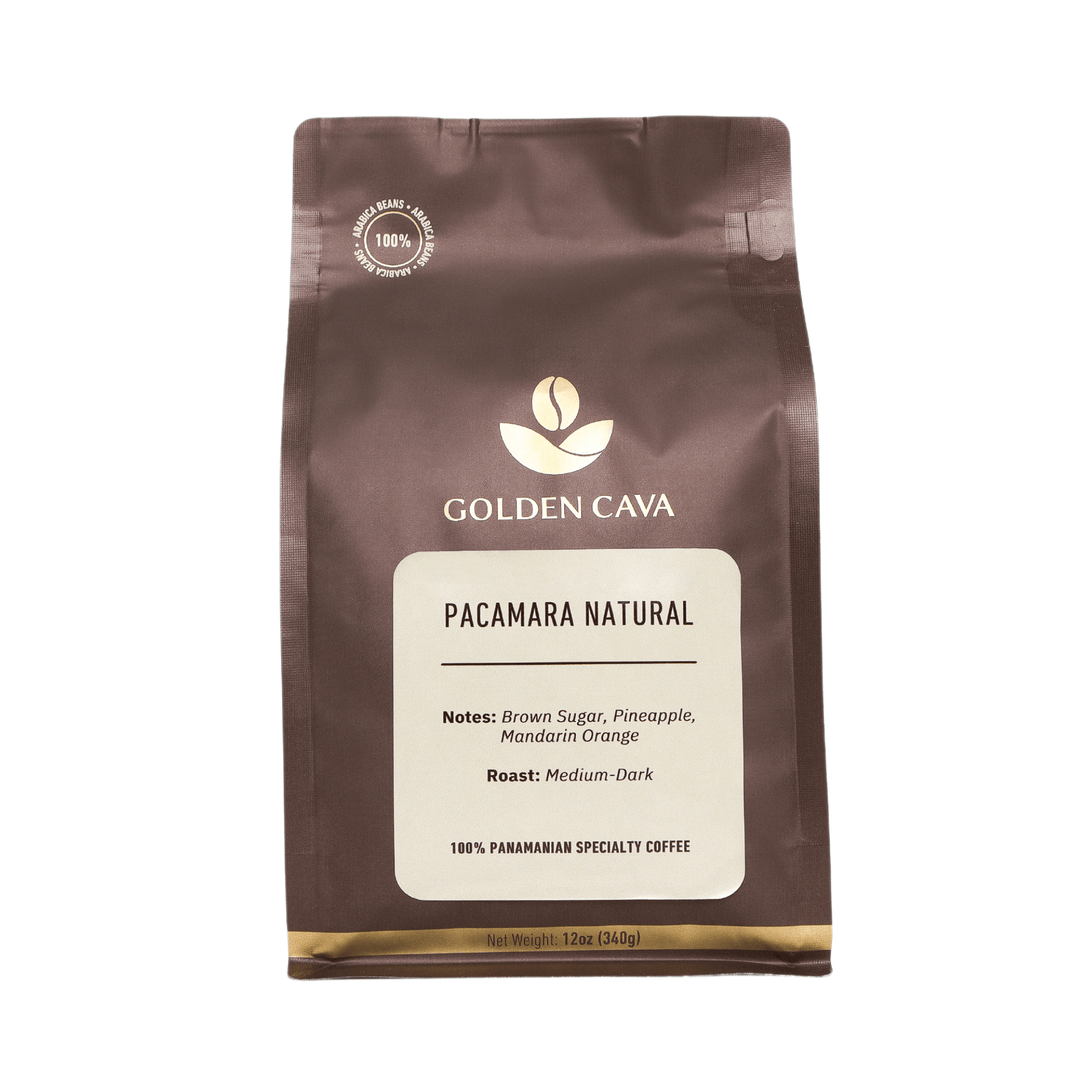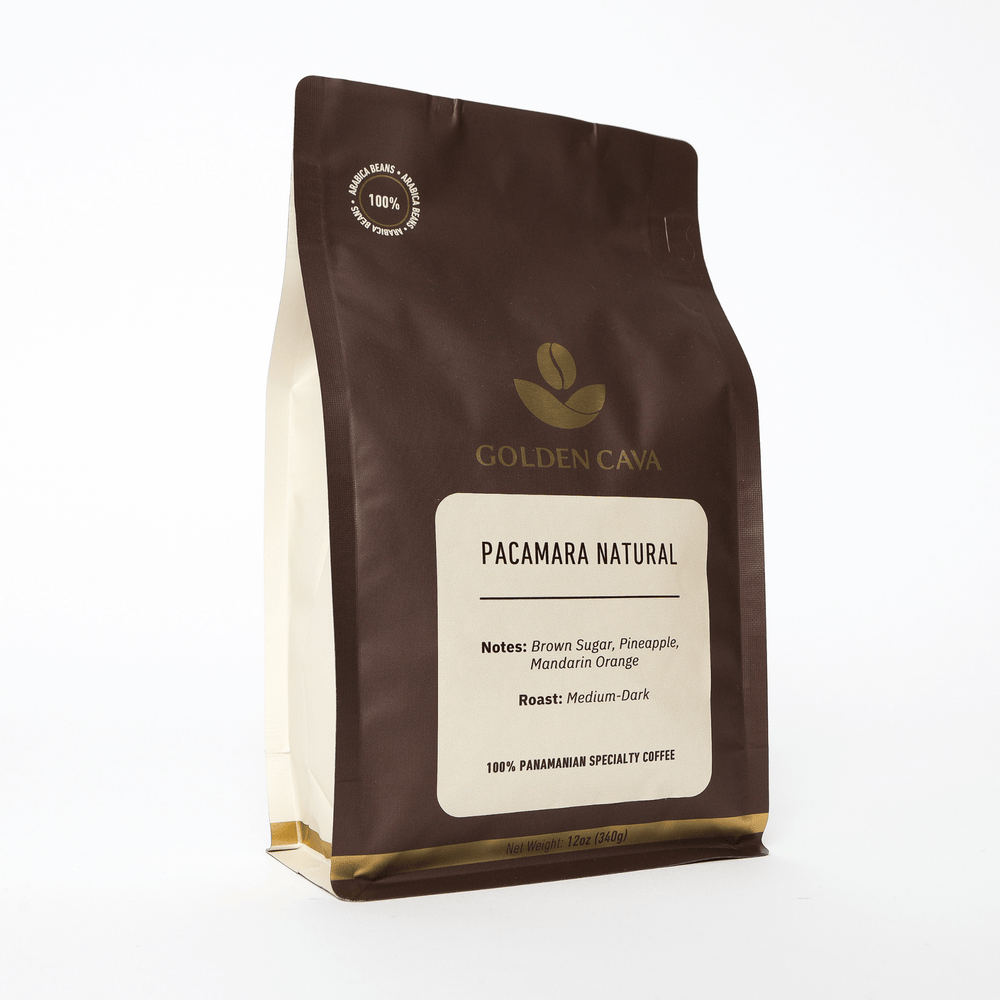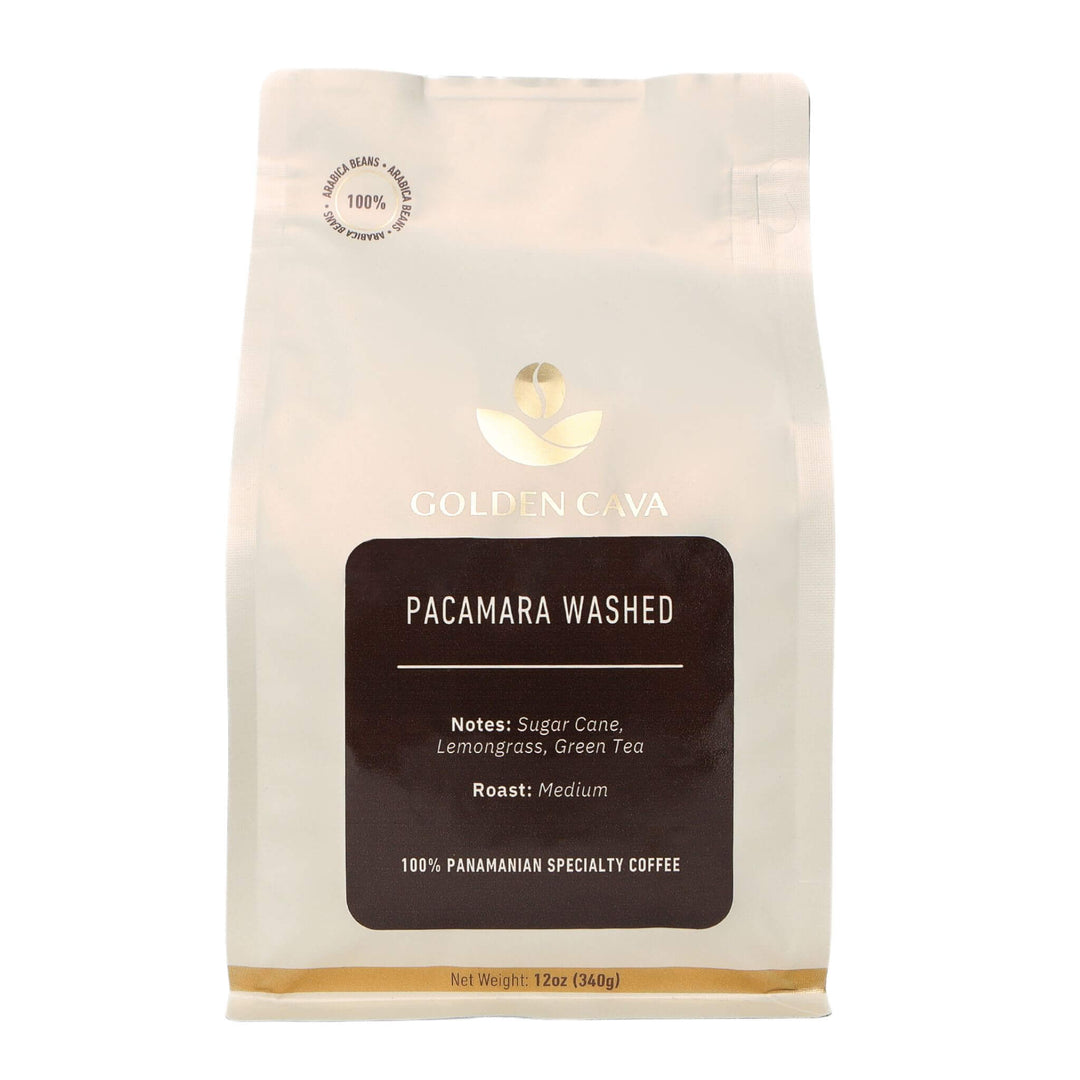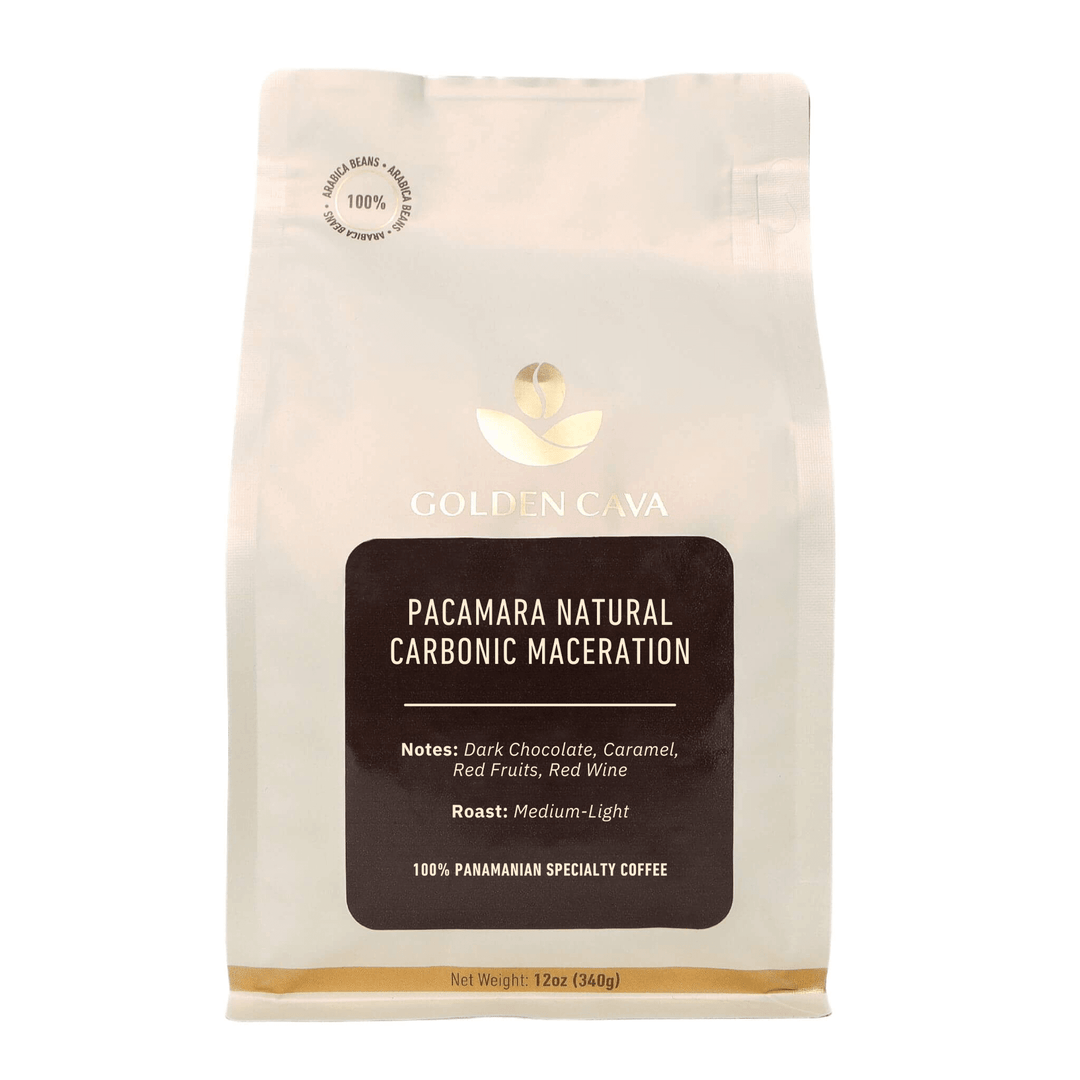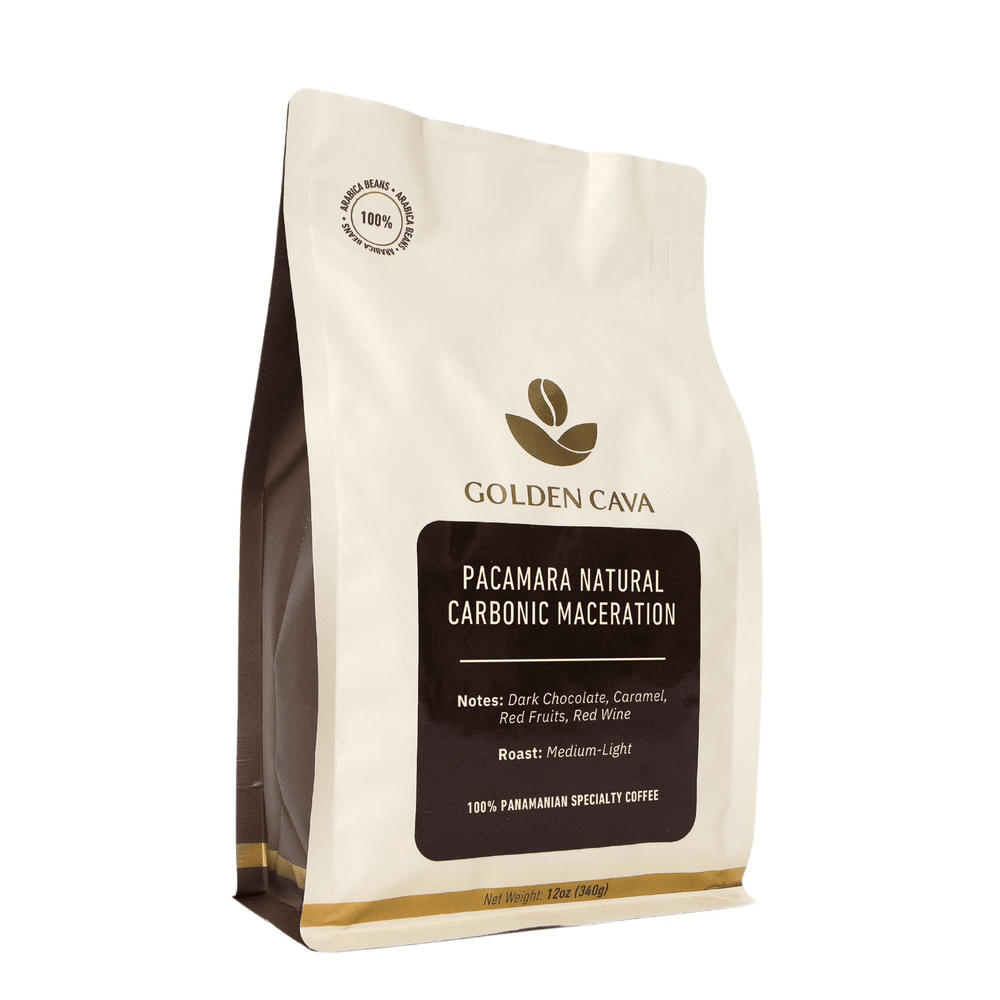What are the Side Effects of Decaffeinated Coffee? Explained
What are the side effects of decaffeinated coffee, and is it really as innocuous as it sounds?
If you've been looking to answer these questions while sipping on your favorite brew, you're in the right place.
When discussing the side effects of decaffeinated coffee, it is essential to understand the intricacies behind the decaffeination process.
Traditionally, coffee owes much of its allure to caffeine - the natural stimulant that lends that characteristic energy boost. However, what if you're someone who revels in the taste and ambiance of coffee but seeks to steer clear of caffeine's effects? This is where decaffeinated coffee steps onto the scene - a sure game changer.
If you are looking to avoid some coffee side effects or trying to lower your caffeine intake then decaf coffee might be an option.
In this blog post, we will explore what exactly decaffeinated coffee is and how it's made through various caffeine extraction processes. We'll also cover the potential side effects associated with drinking decaf coffee.
Additionally, we will discuss any possible health benefits that may come from choosing decaf over regular caffeinated coffee.
So, grab a cup of your favorite brew, settle into a cozy nook, and join us in this exploration of the intriguing world of decaffeinated coffee.
Table Of Contents:
- What is Decaffeinated Coffee?
- 1. The Difference Between Decaf and Regular Coffee
- 2. How is Decaffeinated Coffee Made?
- 3. What are the Potential Side Effects of Drinking Decaffeinated Coffee?
- 4. Is Decaffeinated Coffee Safe to Drink?
- 5. Are There Any Benefits to Drinking Decaffeinated Coffee?
- Frequently Asked Questions What Are the Side Effects of Decaffeinated Coffee
- Conclusion
What is Decaffeinated Coffee?
For those who appreciate the taste of coffee but wish to lower their caffeine intake, decaffeinated coffee (or "decaf") is an excellent option as it has had up to 97% of its original caffeine content removed.
This makes it an ideal choice for people who are sensitive to caffeine or looking to cut back while drinking coffee without sacrificing the enjoyment of a delicious cup of joe.
1. The Difference Between Decaf and Regular Coffee
- Caffeine Content: The primary difference between decaffeinated and regular coffee lies in their respective caffeine levels. While brewed decaf coffee typically contains only 2-5 milligrams per 8-ounce serving, regular coffee can have anywhere from 95-200 milligrams depending on factors such as bean type and brewing method.
- Taste: Some individuals may notice subtle differences in taste between decaf and caffeinated coffees due to variations in the beans used or changes that occur during the decaffeination process. However, many high-quality decaf coffee beans are available today that offer rich flavors comparable to those found in traditional brews.
- Nutritional Value: Both types of coffee contain similar amounts of essential nutrients like antioxidants and minerals; however, some studies suggest that certain beneficial compounds may be reduced slightly during the process used to remove caffeine from decaffeinated varieties.
Finding Your Perfect Cup of Decaf
When it comes to drinking decaf coffee, the key is finding a brand and blend that suits your taste preferences.
With the many options available, you can find a decaf blend that suits your taste and offers all of the benefits associated with regular coffee consumption without worrying about any adverse effects from caffeine.
So go ahead and enjoy a cup or two without worrying about potentially dangerous side effects from excess caffeine intake.
Tips for Choosing Quality Decaffeinated Coffee Beans:
- Look for Specialty Brands: Many specialty coffee brands now offer high-quality decaffeinated options made using premium beans sourced from around the world.
- Select a Preferred Decaffeination Method: Different methods used in removing caffeine can impact both flavor and health effects; research each method before making your choice.
- Freshness Matters: As with any type of coffee, always opt for freshly roasted beans whenever possible to ensure optimal flavor and aroma in every cup.
Decaffeinated coffee is a great option for those who still want to enjoy the flavor of coffee without having to deal with the side effects that come from consuming caffeine. Gaining insight into the production of decaf coffee can aid in grasping its possible health advantages and drawbacks.
Key Takeaway: Decaf coffee is a great way to enjoy the taste of coffee without having to worry about over-consuming caffeine; with specialty brands offering high-quality options and different decaffeination methods available, you can find your perfect cup. With its low caffeine content and plenty of benefits, it's no wonder that decaf has become so popular.
2. How is Decaffeinated Coffee Made?
Decaffeinated coffee undergoes a unique process to remove most of the caffeine content while preserving its flavor and aroma.
Different methods of decaffeination have their own pros and cons.
Let's explore these techniques:
a) Water Processing
In this method, green coffee beans are soaked in hot water to dissolve the caffeine content.
The water containing caffeine is then passed through activated charcoal or carbon filters that capture the caffeine molecules, allowing only the flavorful compounds to pass through. This water processing technique results in brewed decaf coffee that retains much of its original taste.
b) Solvent Processing
Solvent processing involves using chemicals like methylene chloride or ethyl acetate to extract caffeine from green coffee beans directly or indirectly (by treating water-soaked beans).
These solvents selectively bind with caffeine molecules and can be easily evaporated later on, leaving behind decaffeinated coffee beans.
Although there have been concerns about potential health risks associated with solvent residues, modern-day processes ensure minimal traces remain (less than 10 parts per million) making it safe for consumption.
c) Carbon Dioxide Processing
This more recent method uses pressurized liquid CO2, which acts as a natural solvent for extracting caffeine from green coffee beans without affecting their flavor profile significantly. It is considered an eco-friendly option since CO2 can be recycled during the decaffeination process and does not leave behind any harmful residues.
Regardless of the method used, decaf coffee beans go through a rigorous caffeine extraction process to ensure that they meet the required standards for reduced caffeine content. This allows coffee lovers with caffeine sensitivity or those looking to reduce their daily caffeine intake to still enjoy a flavorful cup without experiencing uncomfortable side effects.
Key Takeaway: Different methods such as water, solvent and carbon dioxide processing are used to reduce the caffeine content of coffee while still preserving its flavor and aroma without leaving behind any harmful residues. Each method removes most of the caffeine content while preserving flavor and aroma without leaving behind any harmful residues. As such, decaf coffee allows those looking to reduce their daily caffeine intake to still enjoy a flavorful cup without experiencing uncomfortable side effects.
3. What are the Potential Side Effects of Drinking Decaffeinated Coffee?
Drinking decaffeinated coffee may not be entirely risk-free, as it can cause some uncomfortable side effects for certain individuals.
While these side effects might not affect everyone who drinks decaf coffee, it's essential to be aware of them and monitor your body's reactions when consuming this type of beverage.
a) Headaches
A common side effect experienced by those switching from regular to decaffeinated coffee is headaches. This is primarily due to the reduced caffeine content in decaf coffees compared to their caffeinated counterparts.
Caffeine withdrawal symptoms like headaches can occur even with a slight decrease in daily caffeine intake.
b) Nausea and Dizziness
In some cases, drinking decaf coffee has been linked to feelings of nausea and dizziness.
The exact reason behind this remains unclear; however, it could potentially be related to individual sensitivity towards specific compounds present in both regular and decaffeinated coffee beans.
c) Insomnia
Despite people changing to decaf in an effort to avoid caffeine-induced sleep issues, there have been cases of insomnia continuing even after the switch. It's important to note that although most of the caffeine is removed during the decaffeination process, trace amounts may remain which could still impact sensitive individuals' sleep patterns.
d) Increased Risk of Certain Health Conditions
- Heart Disease: Some studies have suggested that drinking decaf coffee could potentially increase the risk of developing heart disease. This is mainly due to the fact that certain decaffeination methods, such as solvent processing, can lead to an increased presence of harmful chemicals in the final product.
- Cancer: Although research on this topic remains inconclusive, there have been some concerns regarding a potential link between decaf coffee consumption and an increased risk of cancer. The primary concern lies with specific solvents used during the caffeine extraction process, which may leave traces of potentially dangerous substances in brewed decaf coffee.
Given the potentially dangerous side effects with decaf coffee, it is advisable to choose high-quality products from reputable brands.
Decaf coffee might bring about a few mild adverse effects, but the danger is usually minimal. Yet, one must ponder if decaf is a safe drink and whether it might have any long-term health consequences.
Key Takeaway: Decaffeinated coffee may not be entirely risk-free, as it can cause some unpleasant side effects for certain individuals such as headaches, nausea and dizziness. Furthermore, consuming decaf coffee may pose a greater danger of heart disease or cancer due to the presence of dangerous compounds in it; thus, selecting quality items from trusted sources is essential.
4. Is Decaffeinated Coffee Safe to Drink?
Decaf coffee is typically thought to be okay when taken in limited amounts for most people, since it allows them to savor the flavor of coffee without being exposed to the potentially hazardous impacts connected with too much caffeine intake.
However, there are certain groups of individuals who may need to exercise caution when consuming decaf coffees.
Pregnant and Breastfeeding Women
For pregnant and breastfeeding women, it's essential to monitor their caffeine intake closely.
While decaffeinated coffee has significantly less caffeine than regular coffee, it still contains trace amounts that could affect the baby if consumed in large quantities.
It's always best for expectant mothers or those who are nursing to consult with their healthcare provider before making any changes in their diet or beverage choices.
Caffeine Sensitive Individuals
People who have a low tolerance for caffeine might find that even small amounts present in decaffeinated coffee can cause uncomfortable side effects such as headaches, dizziness, and insomnia.
For those with a sensitivity to caffeine or medical conditions that require limiting its intake, herbal teas are an ideal alternative.
The Decaffeination Process: Chemical Solvents Concerns
- Methylene Chloride: Some methods used during the decaffeination process involve chemical solvents like methylene chloride which has raised concerns about potential health risks linked with long-term exposure through drinking decaf coffee made using this method. Although regulations require that only trace amounts (less than 10 parts per million) remain after processing - some people may still prefer to avoid this type of decaf coffee.
Drinking decaf coffee can be acceptable for some people in moderation; however, it's important to think about individual requirements and preferences. If you're pregnant or breastfeeding, have a low caffeine tolerance, or want to avoid potential exposure to chemical solvents used in certain decaffeination processes - there are alternative beverage choices available that allow you to enjoy delicious flavors without compromising your health.
Decaffeinated coffee is generally safe to drink, but it may still contain some caffeine and other compounds that can have side effects. Though there may be some potential risks associated with consuming decaffeinated coffee, it could also provide benefits in terms of health or flavor depending on the kind selected.
Key Takeaway: Pregnant and lactating women should be wary of consuming decaf coffee, whereas most other individuals may enjoy it in moderation. Those with a low tolerance for caffeine or chemical sensitivities may need to opt for herbal teas instead as some decaf processes use methylene chloride which could present potential health risks. It is imperative to consider one's individual requirements when selecting drinks.
5. Are There Any Benefits to Drinking Decaffeinated Coffee?
While many people enjoy the taste and aroma of coffee, some may be sensitive to caffeine or looking for ways to reduce their caffeine intake. In such cases, decaffeinated coffee can offer a great alternative without sacrificing flavor. Here are some potential benefits associated with drinking decaf coffee:
A. Lower Caffeine Content
The most obvious benefit of drinking decaffeinated coffee is its significantly lower caffeine content compared to regular coffee. This makes it an ideal choice for those who are caffeine sensitive, pregnant, breastfeeding, or simply trying to cut back on their daily caffeine consumption.
B. Improved Digestion
Certain compounds in caffeinated coffee can stimulate stomach acid production and cause digestive discomfort in some individuals. By choosing decaf coffees, you might experience less gastrointestinal irritation and improved digestion overall.
C. Reduced Risk of Sleep Disruption
If you're prone to insomnia or have trouble falling asleep after consuming caffeinated beverages later in the day, switching to decaffeinated options could help improve your sleep quality by reducing excess stimulation from excess caffeine.
Daily Decaf Recommendations:
- Morning: If you typically drink multiple cups of regular coffee throughout the morning but want a gentler option as your first cup upon waking up, try starting with brewed decaf coffee.
- Afternoon: If you enjoy an afternoon pick-me-up but want to avoid disrupting your sleep, consider a decaf coffee or tea as a caffeine-free alternative.
- Evening: For a restful night, enjoy the taste of decaf coffee instead.
In addition to these benefits, some studies have suggested that there may be potential protective effects associated with drinking decaf coffee. For example, research has indicated that regular consumption of both caffeinated and decaffeinated coffee could potentially lower the risk of developing type 2 diabetes and certain neurodegenerative diseases such as Parkinson's disease and Alzheimer's disease. However, more research is needed in this area to confirm these findings conclusively.
While there might be some potentially dangerous side effects related to the decaffeination process itself or individual sensitivities towards certain compounds found in all types of coffee (including decaf), many people can still enjoy the numerous benefits offered by drinking decaffeinated options. So go ahead and indulge in your favorite cup without worrying about excessive caffeine intake.
Key Takeaway: A cup of decaf coffee can provide a delicious and refreshing alternative to regular coffee without the associated caffeine jolt. Not only is it easier on sensitive stomachs, but drinking decaffeinated beverages could potentially reduce sleep disruption as well as offer some potential health benefits.
Frequently Asked Questions What Are the Side Effects of Decaffeinated Coffee
Does decaf coffee cause inflammation?
No, decaffeinated coffee does not directly cause inflammation. In fact, it contains antioxidants and anti-inflammatory compounds that may help reduce inflammation in the body. However, individual reactions to decaf coffee can vary; if you have a sensitivity or allergy to certain components of coffee, it could potentially trigger an inflammatory response. (Healthline)
Does decaf coffee affect blood pressure?
Decaf coffee has minimal effects on blood pressure compared to regular caffeinated coffee. Some studies suggest that drinking moderate amounts of decaffeinated coffee may even slightly lower blood pressure levels for some individuals. However, more research is needed to confirm these findings and determine the long-term impact of consuming decaf on blood pressure.
Is decaf coffee bad for liver or kidneys?
In general, there is no evidence suggesting that moderate consumption of decaffeinated coffee poses any significant risks to liver or kidney health. On the contrary, some studies indicate potential benefits such as reduced risk of liver disease and improved kidney function due to its antioxidant properties.(Cleavland Clinic)
Is too much decaf-coffee bad for your kidneys?
Moderate consumption of decaffeinated-coffee should not pose any harm to your kidneys; however excessive intake might lead to issues like heartburn or digestive discomforts which are unrelated with kidney health specifically (Medical News Today). It's important to consume decaf coffee in moderation and listen to your body's signals.
Conclusion
For those looking for a lower-caffeine alternative to regular coffee, decaffeinated coffee may be an option worth considering; however, it is important to understand the potential side effects before making any decisions.
It is essential to weigh the potential drawbacks prior to deciding on a routine intake of decaffeinated coffee, despite its minor advantages and minimal risks.
As always, consult your healthcare provider if you have any questions or concerns regarding "the side effects of decaffeinated coffee".
Experience the best coffee, tea and travel experiences with Golden Cava!

